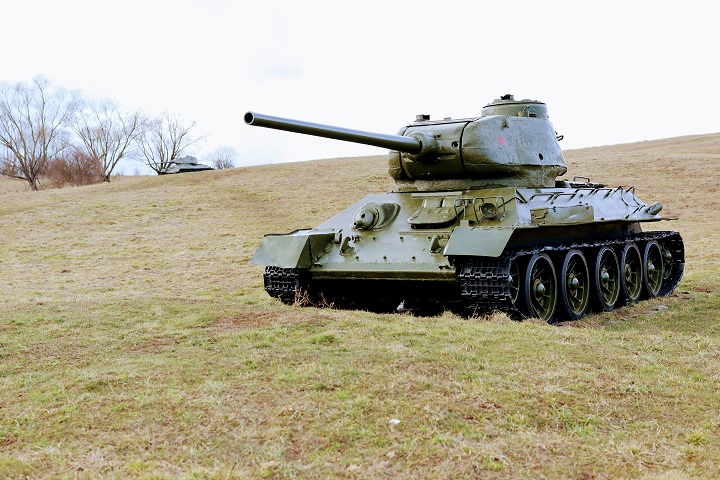can civilians legally own a tank?
Most of us have fantasized about owning a tank at least once. The exciting fantasy of being untouchable on the road and knowing you’d go just over anything even your enemies, and their cars. But, before even thinking about the price, are civilians allowed to own tanks?
Seems like an absurd question to ask but the answer is a resounding Yes.
But wait a minute; owning a tank isn’t as easy as the Yes answer. There are a lot of processes involved before you end up with a tank on your driveway.
This article is going to highlight the processes so you can decide whether you have what it takes to bring the fantasy to reality.
Historical Context of Tank Ownership Laws
To understand the current tank ownership laws, it is crucial to delve a little into the historical context.
During wartime, tanks are used exclusively by military forces for combat purposes. However, after conflicts end, many tanks become surplus and are decommissioned. This surplus led to the emergence of tank collectors, historians, and enthusiasts who sought to preserve these mechanical marvels. As a result, governments had to establish regulations to govern tank ownership.
One example of an American tank collector is Jacques Littlefield popular for having a huge collection of tanks and military vehicles previously used in wars.
Legality of Civilians Owning a Tank
The legality of tank ownership varies significantly from country to country. Some nations have strict regulations, while others have more lenient policies. In general, the possession of operational tanks is heavily restricted, while owning decommissioned tanks is comparatively more accessible.
In countries with strict regulations like the USA and Canada, owning a tank may require obtaining special licenses, permits, or even membership in historical military vehicle organizations. Additionally, one has to undergo background checks and should meet requirements in age, and a demonstration of responsible ownership. Demonstrating responsible ownership may involve providing proof of secure storage facilities and liability insurance.
These checks aim to ensure that only responsible and knowledgeable individuals can possess tanks, as they are potentially dangerous machines.

Process to Legally Own a Tank
First, ensure that you have a budget that will cover the cost of the tank. There is a wide range of tanks available, from those manufactured by the Germans, Americans, and British to those made by the Soviets; most of these are what you’ll get because, as you know, the Soviets have fought in numerous battles.
The tanks typically cost between $50,000 and $800,000 for more recent models that have been well-serviced, cleaned, and restored. If you trust your haggling powers and know a guy who is good with repairing tanks, you can get a clunker at a cheaper price and trust your guy to fix it at a cut-rate
Once you have your model, you may move on to compliance. Assuming the dealer has completed the paperwork on his end, you, the customer, need to see the Bureau of Alcohol, Tobacco, Firearms, and Explosives (ATF) for a permit for the tank, which the bureau classifies as a destructive device. Also, if you’re buying it from outside the country, contact the Department of Commerce for an import certificate.
Note that these licenses in most cases will need you to strip down your tank of all the armaments, also known as demilitarization. It’s, however, possible to own a fully weaponized tank but it’s a long process that will require a lot of legal consultation.
Now that the tank is on its way to your driveway, you must complete additional requirements before driving it on the regular street road.
The load-bearing capacity of roadways is typically determined by state legislation, and most tanks’ weight which ranges between 20 to 60 Tons violates the majority of them. Find out where you can drive and where you can’t depend on the weight of the tank.
Moreover, some jurisdictions have stringent laws on road safety and emissions standards which can also make the tank not legal on a street road. But don’t worry once you have the tank with you can always drive it around your property.
Conclusion
Owning a military tank may be a dream for many, but it is essential to understand the legal implications before pursuing this passion. Besides going through the valuable information we have provided in this article, consult legal experts to further help you navigate the complexities of tank ownership and ensure a responsible and legal ownership experience.
Related

